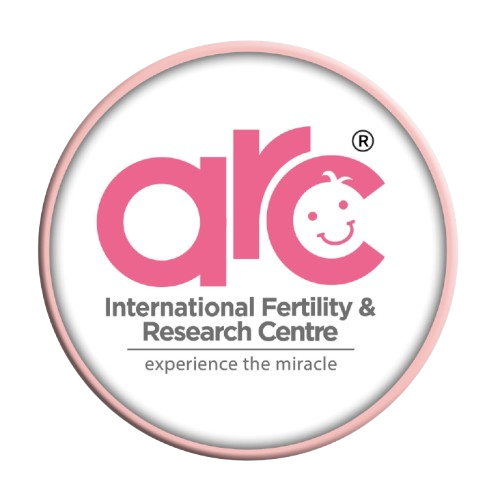Why Choose ICSI at ARC?
Achieve fertilization with confidence through ARC’s advanced ICSI procedure.
- 85% ICSI Success Rate : Exceptional outcomes with precision fertilization
- Customized ICSI Protocols : Personalized treatment plans to match individual fertility needs
- Microscopic Sperm Injection : Advanced ICSI technique to ensure successful fertilization in severe male infertility cases
- IVF Excellence Award
- ICMR Certified
- 25+ Years IVF Expertise
Start Your Journey Today
Get expert consultation from our fertility specialists
- Trusted by 1,00,000+ Couples
Understanding ICSI Treatment
Get comprehensive information about ICSI to make informed decisions about your fertility journey
What is ICSI?
Understanding Intracytoplasmic Sperm Injection
ICSI is an advanced fertility technique where a single healthy sperm is directly injected into a mature egg to achieve fertilization. It has a higher success rate in cases of severe male infertility or when previous IVF attempts have failed.
- Eggs are retrieved through a minor surgical procedure
- A single healthy sperm is selected under a microscope
- The sperm is injected directly into the egg using micromanipulation tools
- Fertilized embryos are monitored and cultured in a lab
- Healthy embryos are transferred to the uterus to establish pregnancy
- The entire procedure is managed by skilled embryologists and fertility specialists
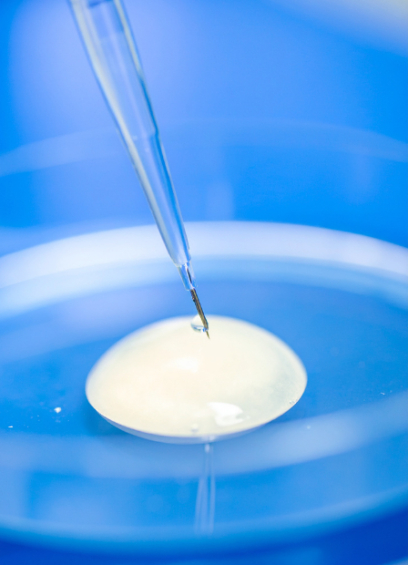
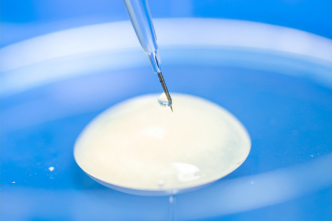
When to Choose ICSI?
Right time for ICSI treatment
ICSI is recommended when traditional IVF is not successful or men with severe male infertility. It significantly increases fertilization chances in challenging cases.
- Very low sperm count or poor sperm motility
- Abnormally shaped sperm (morphology issues)
- Azoospermia (no sperm in ejaculate, using testicular extraction)
- Prior failed fertilization with IVF
- Use of frozen or surgically retrieved sperm
- Unexplained infertility where IVF hasn’t worked
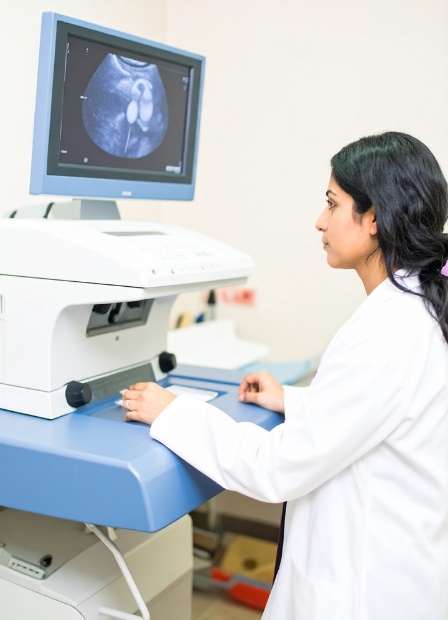
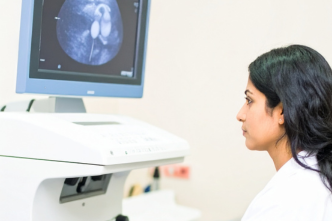
Who Can Prefer ICSI?
Ideal candidates for ICSI treatment
ICSI is ideal for couples and individuals with complex fertility issues such as:
- Men with severe oligospermia (very low sperm count)
- Men with previous vasectomy (using sperm extraction techniques)
- Fertilization occurs in a controlled laboratory environment
- Couples with failed IVF attempts or poor fertilization rates
- Men with sperm antibodies or ejaculation issues
- Use of previously frozen sperm with limited motility
- Couples requiring PGT (genetic testing of embryos)


Ready to Start Your ICSI Journey?
Schedule a consultation with our fertility specialists to discuss your personalized treatment plan
ICSI Treatment Process at ARC
Our ICSI procedure is advanced, precise, and designed to maximize fertilization success under expert care.
1
Egg Retrieval
- 2–3 weeks
Ovarian stimulation is followed by egg collection under sedation in a minor procedure.
2
Sperm Selection & Injection
- Same day
A healthy sperm is selected and injected into a mature egg using micromanipulation tools.
3
Embryo Culture & Monitoring
- 3–5 days
Injected eggs (embryos) are cultured and closely monitored in a lab setup for healthy development.
4
Embryo Transfer Test
- 1 day
Top-quality embryos are transferred into the uterus in a quick, painless outpatient procedure.
5
Pregnancy Test
- 2 weeks
A pregnancy test is done after 10–14 days of transfer to confirm pregnancy.
Ready to Begin Your ICSI Journey?
Our experienced fertility specialists will guide you through every step of the process with personalized care and support
Why Choose ARC for ICSI
Leading fertility care with proven success and trusted expertise
Trusted by millions
Performed with Precision
Proven results
Backed by Expertise
Ready to Begin Your ICSI Journey?
Our experienced fertility specialists will guide you through every step of the process with personalized care and support
Frequently Asked Questions
Get answers to the most common ICSI questions
Is ICSI different from regular IVF?
Yes. While IVF is a process where the sperm enters the egg naturally, ICSI involves injecting a single healthy sperm directly into the egg. Thus, ICSI offers better results in male infertility cases.
Does ICSI increase the chances of fertilization?
Absolutely. ICSI improves success rates significantly, especially in cases of low sperm count, poor motility, or abnormal sperm shape.
Is ICSI safe for the baby?
Yes. ICSI is considered safe and widely used worldwide. At ARC, embryos are closely tracked to ensure healthy development.
How successful is ICSI?
Success depends on multiple factors like egg quality, sperm health, and maternal age. At ARC, ICSI is performed by experienced specialists, contributing to high chances of fertilization and pregnancy success rates.
Can ICSI be done with frozen sperm or eggs?
Yes. ICSI works well with both fresh and frozen sperm or eggs, making it suitable for fertility preservation cases.
